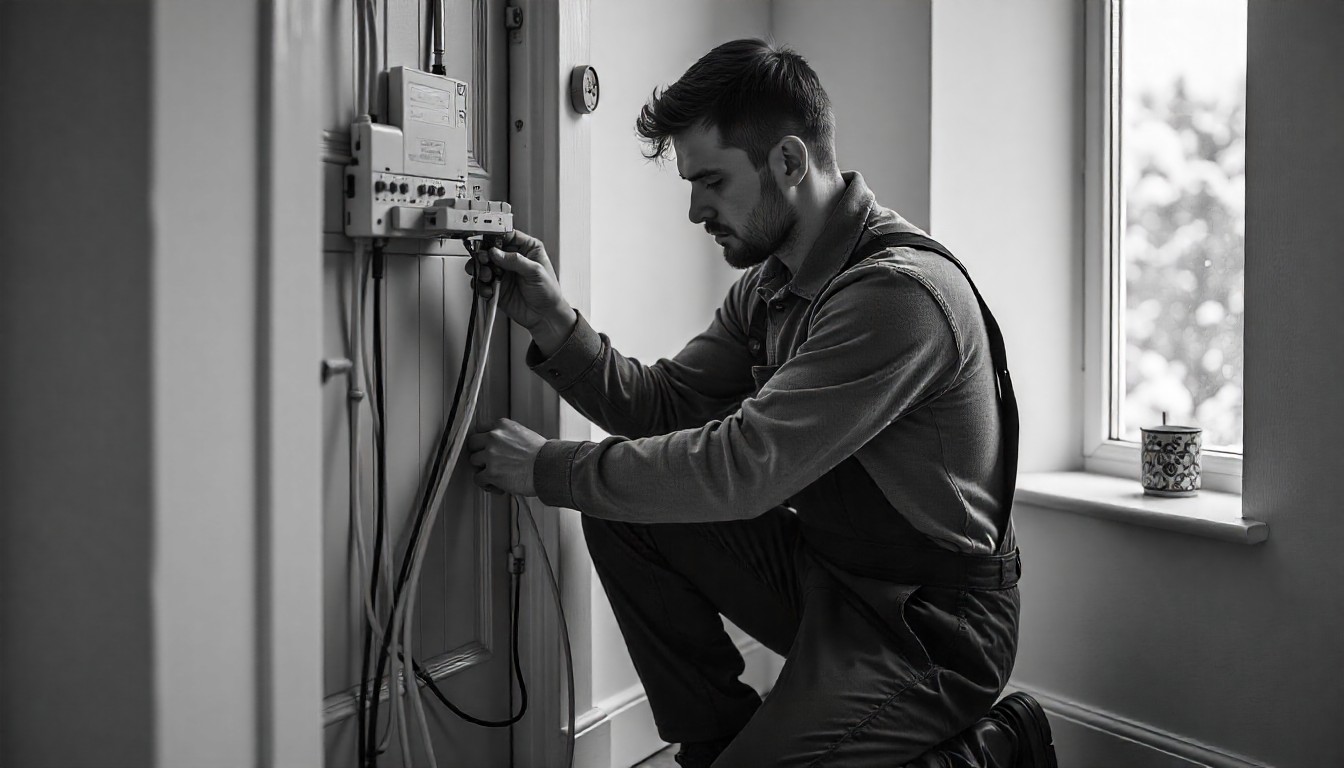
Your Question: “We believe our family may have a case to stay in the UK based on our human rights, but the legal process seems complex and terrifying. What are the actual, practical steps involved in making Human Rights Claims, from the very first day to a final decision at a hearing?”
This is a very important question. The decision to pursue a human rights case is a significant one, and the legal journey can be long and demanding. Understanding the structured, step-by-step nature of the process is the key to demystifying it and reducing the fear and uncertainty that you may be feeling. It is a formal legal battle, but it is a battle that follows a clear path.
At Immigration Solicitors4me, we are specialist advocates with a deep and compassionate understanding of this process. Our role is to act as your expert guide at every single stage. To answer your question, here is a practical overview of the journey ahead.
Step 1: The Initial Assessment. Do we have a realistic case?
This is the first and most crucial step. Before any application is made, you will have a detailed consultation with a specialist solicitor. The purpose of this meeting is for the solicitor to conduct a thorough “merits assessment.” They will listen to your story, review your documents, and provide you with a clear, honest, and realistic opinion on the strengths and weaknesses of your potential case and your chances of success. A top solicitor will never give you false hope; they will give you a professional, evidence-based assessment.
Step 2: The Intensive Evidence Gathering Phase. What is our ‘proof’?
A human rights case is won or lost on the quality and strength of its supporting evidence. This is the most labour-intensive part of the process. Your solicitor will work with you to build a comprehensive portfolio of independent, objective evidence that proves the arguments you are making. This is not just about your own statements; it involves:
- Commissioning Expert Reports:Instructing independent professionals, such as a social worker to assess the “best interests” of a child, or a psychiatrist to report on the mental health impact of a potential removal.
- Gathering Documentary Proof:Collating every piece of paper that proves your “private and family life” in the UK, such as children’s school reports, medical records, employment contracts, and community ties.
- Taking Detailed Witness Statements:Drafting formal, signed statements from you, your family, and any other relevant witnesses who can speak to your circumstances.
Step 3: The Formal Application and Legal Representations
Once the evidence bundle is complete, your solicitor will submit the formal application to the Home Office. The most important part of this submission is not the application form itself, but the detailed legal argument, known as “representations,” that is written by your solicitor. This document is the heart of your case. It sets out the facts, applies the relevant human rights law, and builds a powerful, persuasive argument as to why your removal from the UK would be a disproportionate breach of your rights.
Step 4: The Home Office Decision. What happens next?
The Home Office will review your application and evidence and will issue a formal decision. It is important to be prepared for the fact that many complex Human Rights Claims are initially refused by the Home Office. However, a refusal at this stage will almost always come with a right of appeal to the First-tier Immigration Tribunal. This is not a failure; it is often an expected part of the process.
Step 5: The Appeal Hearing in the Tribunal. Your day in court.
The appeal hearing is your opportunity to have your case heard by an independent judge who is impartial and an expert in human rights law. The hearing is a formal court proceeding where:
- You and your witnesses will give evidence under oath.
- You will be cross-examined by the Home Office’s lawyer.
- Your solicitor or a specialist barrister will present your case and make the final legal arguments to the judge. The judge will then make a final, legally binding decision on your case.
The appeal hearing is your opportunity to have your case heard by an independent judge who is impartial and an expert in human rights law.
Our Role at Immigration Solicitors4me: Your Advocate at Every Step
At Immigration Solicitors4me, our team of expert solicitors are experienced litigators. We manage this entire complex process on your behalf, from that first critical merits assessment, through the intensive evidence-gathering, to the powerful representation of your case before a judge in the tribunal. We are the expert and compassionate advocates you need when making one of the most important Human Rights Claims of your life.
The journey is a marathon, not a sprint. To ensure you have an expert guide with you every step of the way, contact the specialists at Immigration Solicitors4me today.
